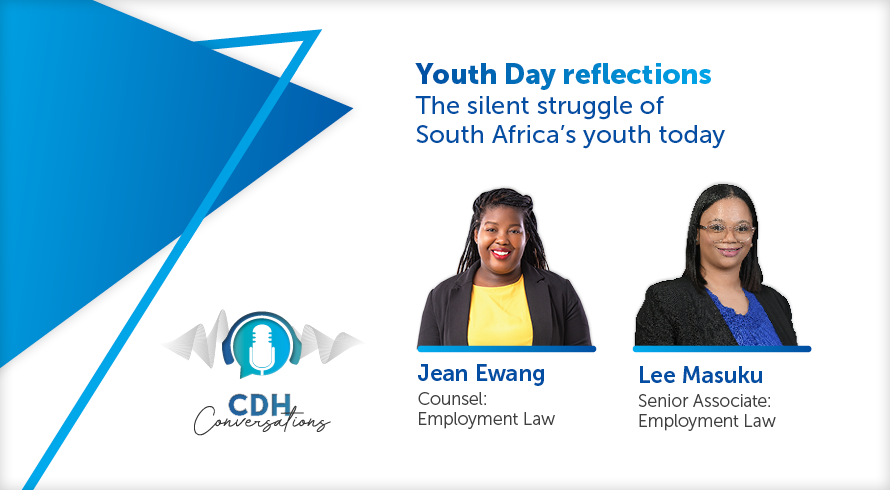Taking stock of FSPs: The reasons behind the FSCAs enquiries
Financial services providers (FSPs) who have been authorised to provide advice and intermediary services in respect of derivative instruments are being examined by the FSCA to determine whether any of those FSPs are in fact issuing derivatives instruments (and not merely advising on or brokering derivatives transactions).
A distinction must be made between a broker who acts as a middleman, either providing advice or providing another intermediary service, to assist South African clients to enter into derivative transactions versus an OTC derivative provider who issues, sells or makes a market in derivative instruments.
FSPs are being asked by the FSCA to determine whether their business model involves the issue of derivatives as principal, as a regular feature of the FSP’s business.
The reason for the recent enquiries is likely aimed at determining whether any FSPs operating in South Africa are also required to be registered as an over-the-counter derivatives provider (ODP) in terms of the Financial Markets Act, 2012 (FMA) and the regulations published pursuant thereto.
True brokers acting as a “conduit” require a FAIS licence but not an ODP licence. However, brokers who also issue, sell, or make a market in derivative instruments as principal as a regular feature of their business, must apply to the FSCA on the prescribed form FM6, accompanied by a registration fee of R50,000.00, to become a duly authorised ODP under the FMA.
Whilst the South African banks have submitted their applications as early as the first half of 2019, FSPs must also examine whether they are obliged to submit an application for registration as an ODP as well.
Any FSP who is issuing derivatives as principal (and who has not submitted an application for approval to operate as an ODP), is trading illegally and in contravention of the FMA and the regulations thereto. One of the key factors to consider is whether the issuer of the derivative is selling and/or making a market in derivatives in South Africa, with South Africa as its main place of business.
The FSCA is taking stock of all FAIS FSPs with the authority to provide advice and intermediary services in respect of derivative instruments in order to determine if any market participants are unlawfully trading without an ODP licence.
Any issuers of derivatives who submitted an application before 14 June 2019 and who are awaiting approval of their ODP licence, may continue to trade with South African clients pending adjudication of their licence application. However, new entrants to the market, for example companies wishing to issue contracts for difference and other over-the-counter derivatives, must not commence trading until their licence has been submitted and finally granted.
All FSPs with a FAIS licence that includes derivative instruments, should carefully examine their business model to determine whether they also require an ODP licence in addition to their existing FAIS licence.
The information and material published on this website is provided for general purposes only and does not constitute legal advice. We make every effort to ensure that the content is updated regularly and to offer the most current and accurate information. Please consult one of our lawyers on any specific legal problem or matter. We accept no responsibility for any loss or damage, whether direct or consequential, which may arise from reliance on the information contained in these pages. Please refer to our full terms and conditions. Copyright © 2025 Cliffe Dekker Hofmeyr. All rights reserved. For permission to reproduce an article or publication, please contact us cliffedekkerhofmeyr@cdhlegal.com.
Subscribe
We support our clients’ strategic and operational needs by offering innovative, integrated and high quality thought leadership. To stay up to date on the latest legal developments that may potentially impact your business, subscribe to our alerts, seminar and webinar invitations.
Subscribe



